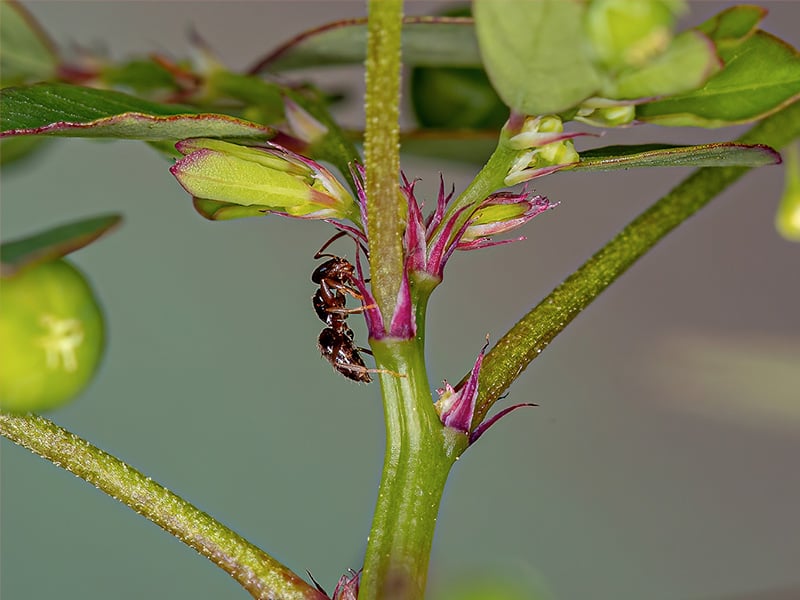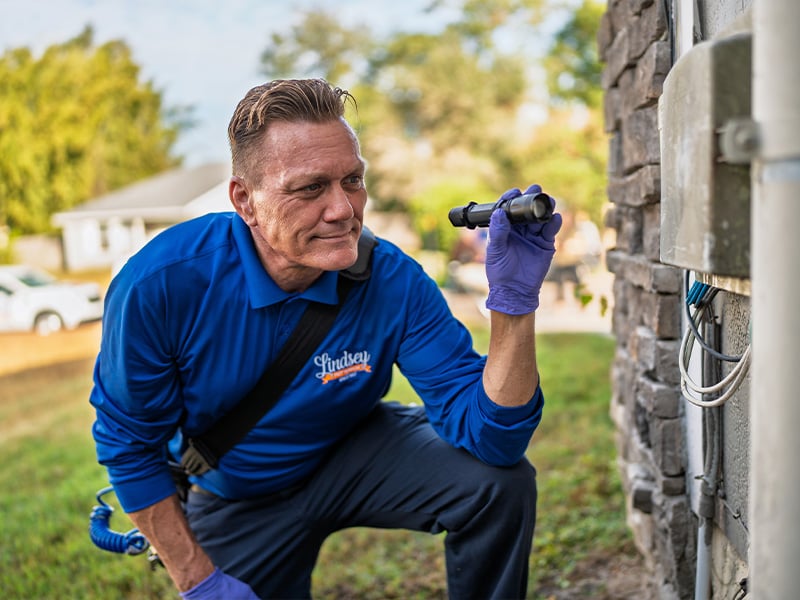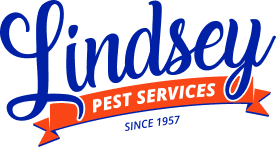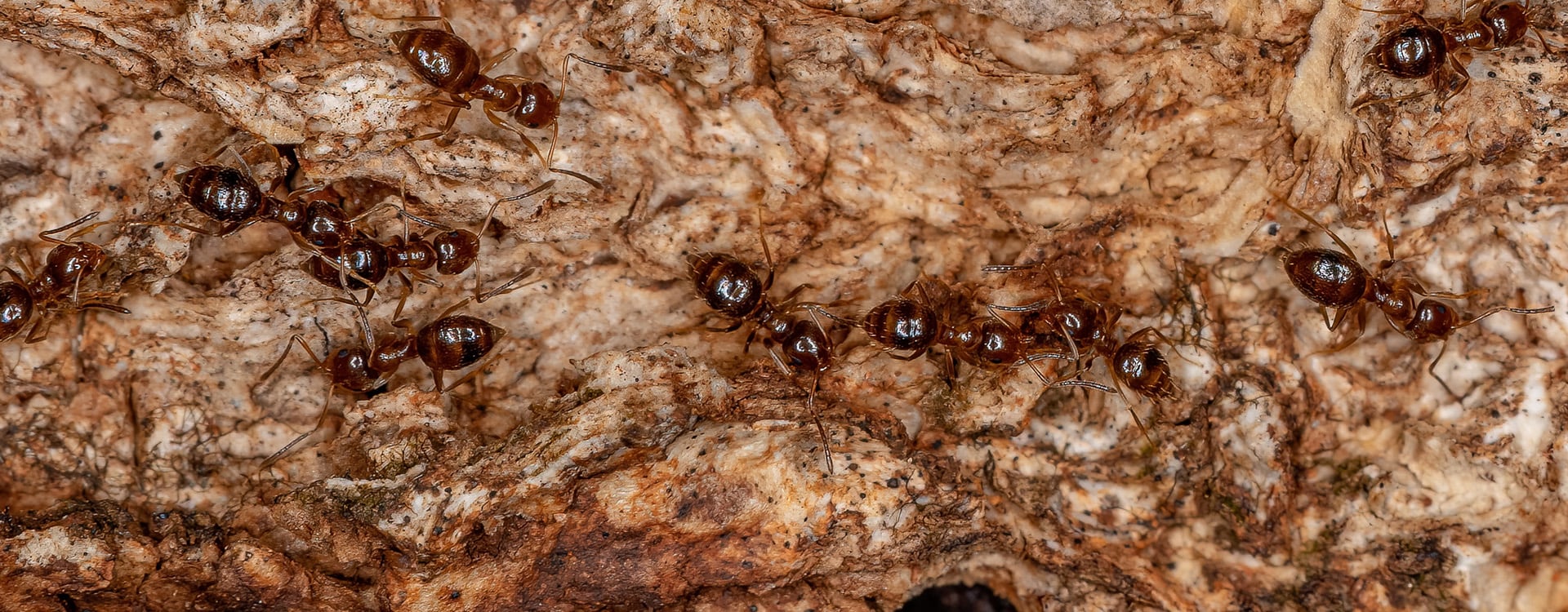What do rover ants look like?
- Rover ants are between 1/16 and 1/8 of an inch in length.
- Unlike many other ants, these do not have hair or spines.
- Their little bodies are smooth and shiny.
- They vary from light to dark brown.
- They exhibit a unique roving pattern, which earned them their name.

When are rover ants most active?
What do rover ants eat?
These ants have a sweet tooth. You'll find them eating many sweet natural food sources, such as nectar, plant sap, and honeydew. When they enter homes, they will go for jelly, honey, soda, juice spills, and the carbohydrates in breadcrumbs. The kitchen is a popular zone for rover ants.
What attracts rover ants?
- Food
All pests are attracted to food sources, and rover ants are no exception. If rover ants find sweet food sources around the exterior of your home, you'll have a greater chance of infestation. Consider flowering weeds and aphid problems. Sweet liquids, like sugar water in a hummingbird feeder, should also be considered. - Garbage
Ants aren't picky eaters. They are more attracted to decaying food because it is sweeter than fresh food. Take a rotting banana, for instance. A banana is bitter when green but very sweet when it turns black. For this reason, you can expect to find rover ants getting into your trash. Dirty or uncovered receptacles will lure these ants to your property. - Dampness
Rover ants need moisture and are often found near puddles and water leaks. When they get inside, they'll gravitate to kitchen and bathroom sinks. You'll also find them in areas where moisture is causing wood rot or mold problems.
Are rover ants dangerous?
No. These ants are not considered dangerous to humans in a direct way. They don't sting like fire ants. They're not known to carry diseases. But, like all ants, they can pick up germs in trash and other unsanitary places and spread them to clean surfaces like your counters or cutting board. They can also contaminate food.
Where do rover ants nest?
- In yards, these ants will nest in the soil underneath mulch, leaf litter, leaf piles, branches, logs, etc.
- They may nest in potted plants or flower beds as they explore outside homes and structures.
- When they get inside, they'll carry soil indoors and nest in wall and floor voids.
How do I get rid of rover ants?
Getting rid of a rover ant problem is challenging. In most cases, a multi-pronged approach is required. It is best to have a pest control technician evaluate the situation and apply a treatment.
One of the most frustrating outcomes of addressing an ant problem is spending time and money only to continue having an infestation and ultimately calling a pest control company when you don't get the desired results.
We recommend getting rid of the middleman. Contact Lindsey Pest Services for home pest control when you start having trouble with these pests. You can even call us before you do to prevent ants and other pests from infesting your home all year. Check out our Good Plan below, or give us a call!
Good Pest Control Plan
If ants and other common household pests are infesting your home, Lindsey Pest's Good plan may be the perfect solution. Starting at only $40* per month, this affordable year-round home pest control plan includes an initial interior and exterior inspection and treatment for your existing pest problem. Every quarter, one of OUR experienced pest control technicians will return to perform an exterior treatment that is designed to control 30+ invading pests.
-
Quarterly Pest Service
-
Lindsey Pest Free Guarantee
-
30+ Common Pests
-
Webbing Removal (Up to 12 ft)
-
Wasp Removal (Up to 10 ft)
-
Rodent Control
-
Seasonal Mosquito Suppression
-
Fire Ant Control
-
Scorpion & Other Stinging Insect Control
Pests Covered In This Program:
*German Cockroaches, American Cockroaches, Brown Banded Cockroaches, Australian Cockroaches, Asian Cockroaches, Woods Roaches, Pharaoh Ants, Rover Ants, Thief Ants, Monomorium Ants, Acrobat Ants, Big-Headed Ants, Odorous House Ants, Pavement Ants, Little Black Ants, Silverfish, Fire Brats, Springtails, Psocids, Crickets, Earwigs, Cellar Spiders, Jumping Spiders, Weevils, Cigarette Beetles, Drugstore Beetles, Confused Flour Beetles, and Fungus Gnats
Additional Details
* New customers only - after initial fee. Some exclusions may apply.
* One year service agreement required
* Early cancellation fee may apply

How can I prevent a rover ant infestation?
To prevent rover ants and other insects and rodents from infesting your property, we recommend the following pest prevention tips:
- Keep trash receptacles covered and the exteriors clean. Remove trash routinely from your property.
- Keep your plants healthy and dry to deter aphids.
- Address weeds in your lawn and landscaping.
- Remove hummingbird feeders.
- Remove leaf litter and piles.
- Remove dead branches, logs, and other wood debris.
- Avoid over-mulching and over-watering.
- Trim vegetation away from your foundation.
- Keep grass cut low near your foundation.
- Seal potential entry points on the exterior of the structure.
- Replace old weatherproofing.
- Keep your home clean and free of food debris and spills.
- Store food in sealed containers.
- Keep food covered when it is left sitting out on the counter.
- Ensure that food is only eaten in the kitchen or dining room.
- Clean your outdoor living spaces and remove grease buildup on your grill.
- Repair plumbing issues.
Get Your Free Pest Control Quote Today!
Complete the form below to get started with your free, no-obligation quote, and a Lindsey Pest representative will contact you shortly.
Same Day Service Available!









